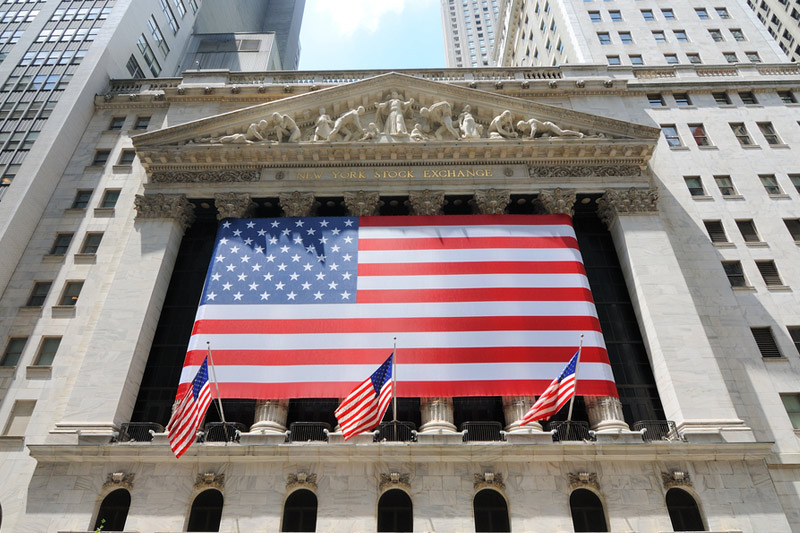By Francesco Canepa
LONDON (Reuters) - U.S. investors are withdrawing billions of dollars from European stocks as signs of a stalled economic recovery, compounded by the Ukraine crisis, halt the past year's scramble to buy back into the region.
The switch out of Europe into emerging markets or the United States is not yet a wholesale exit, with several large asset managers trimming rather than axing their exposures to the region - a far cry from the panic of 2011 at the height of the euro zone debt crisis.
But the rapid pace of outflows from easy-to-trade vehicles such as exchange-traded funds, often seen in the past as an indicator of future investor sentiment, may derail Europe's two-year equity rally, with investors growing impatient for the European Central Bank to act more radically to spur growth.
Lipper data for 106 U.S.-domiciled funds invested in European equities shows their longest streak of consecutive weekly outflows since 2011 in the nine weeks to August 14.
Over that period, investors withdrew $3.25 billion (2 billion pounds) from the funds' nearly $50 billion assets, mostly held in ETFs.
"People had been expecting a quicker recovery in Europe and now are realising it's not happening," said Dan Morris, global investment strategist at New York-based TIAA-CREF Asset Management, which manages assets worth $613 billion.
"Then you add on top of that what's going on in Russia and Ukraine and people are saying: 'There have got to be better opportunities in other parts of the world'."
As investors pulled out of European equities, the Lipper data showed U.S. funds invested in emerging markets recorded inflows of $5.7 billion over the same period, taking their total assets to $289 billion.
Morris said he now prefers shares in emerging markets to European stocks in light of the euro zone's enervated economy and valuations which no longer look appealing.
The Europe-focused funds had attracted inflows over a year when U.S. investors were betting on economic revival in the euro zone, where stock valuations were cheaper and the market was underpinned by the ECB's pledge to save the euro.
Now the focus is shifting to high unemployment, sluggish reforms and tit-for-tat sanctions imposed by the West and Russia, the EU's second-largest source of imports and fourth-largest export market.
"U.S. bought Europe big last year because of ECB, reform and value," said Michael Hartnett, chief investment strategist at Bank of America Merrill Lynch in New York. "All three are less compelling today."
GERMANY HIT HARDEST
Germany, home to Russian-exposed companies ranging from Adidas (DE:ADSGn), the world's second-largest sportswear firm, to airport operator Fraport (DE:FRAG) and defence firm Rheinmetall (DE:RHMG), was hit hardest by U.S. investors.
The U.S.-listed iShares MSCI Germany ETF, which tracks large- and mid-sized companies, saw outflows of $1.4 billion in the first seven months of the year, equal to 30 percent of its current total assets.
The German fund's return over the period is a negative 5.21 percent, underperforming 97 percent of all European-focused ETFs listed in United States, according to Lipper data.
"Expectations were for a modest recovery but it has been particularly shallow and it has been compounded by not only a strong currency <EUR=> but also tensions between Russia and Ukraine, as well as, more recently, the sanctions," said Charles Shriver, portfolio manager at Baltimore-based T. Rowe Price, which manages assets worth $738 billion.
Shriver has reduced his equity allocation to Europe in favour of emerging markets over the past six months.
Relative valuations, a key factor in luring U.S. buyers over the past year, have ceased to be attractive, too.
European shares trade at 13.8 times their expected earnings for the next 12 months, Datastream data showed. This is close to the lowest discount to their U.S. counterparts in 10 years at 15.6 times, and the largest premium to emerging markets at 10.7 times.
The stimulus of U.S. takeover bids for European companies, when U.S. pharma group AbbVie (N:ABBV) snapped up British rival Shire (L:SHP) and AstraZeneca (L:AZN) turned down Pfizer (N:PFE), has also worn off, with suitors discouraged by valuations and doubts about tax breaks.
"You want to see the European market down to around 12 or so on a forward-earnings basis," said David L. Donabedian, chief investment officer of private wealth management firm Atlantic Trust in Baltimore, which has assets of $25.4 billion.
But without an obvious catalyst from the European Central Bank, whose mandate limits its scope for Federal Reserve-style quantitative easing, the outflows may continue.
"We're not going to wait around for a continual decline in the economy," said Jack Ablin, chief investment officer of BMO Private Bank in Chicago, which manages assets worth $66bln. "If there is a better opportunity somewhere else, we're going to move that capital."
(Additional reporting by Timothy McLaughlin in Boston; Editing by Lionel Laurent/Ruth Pitchford)
